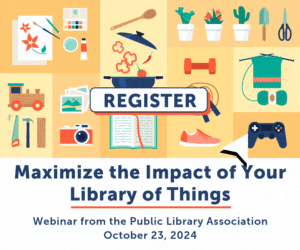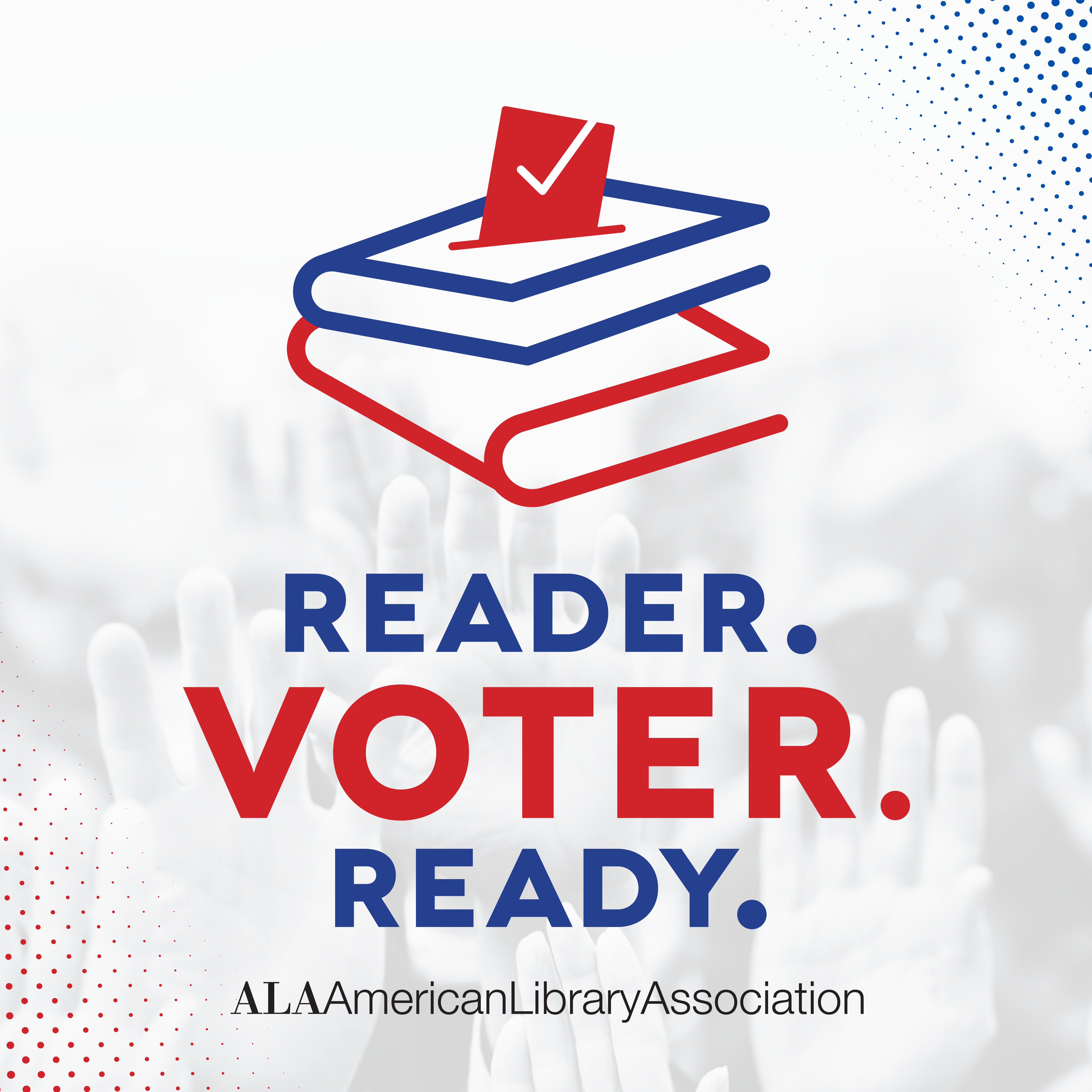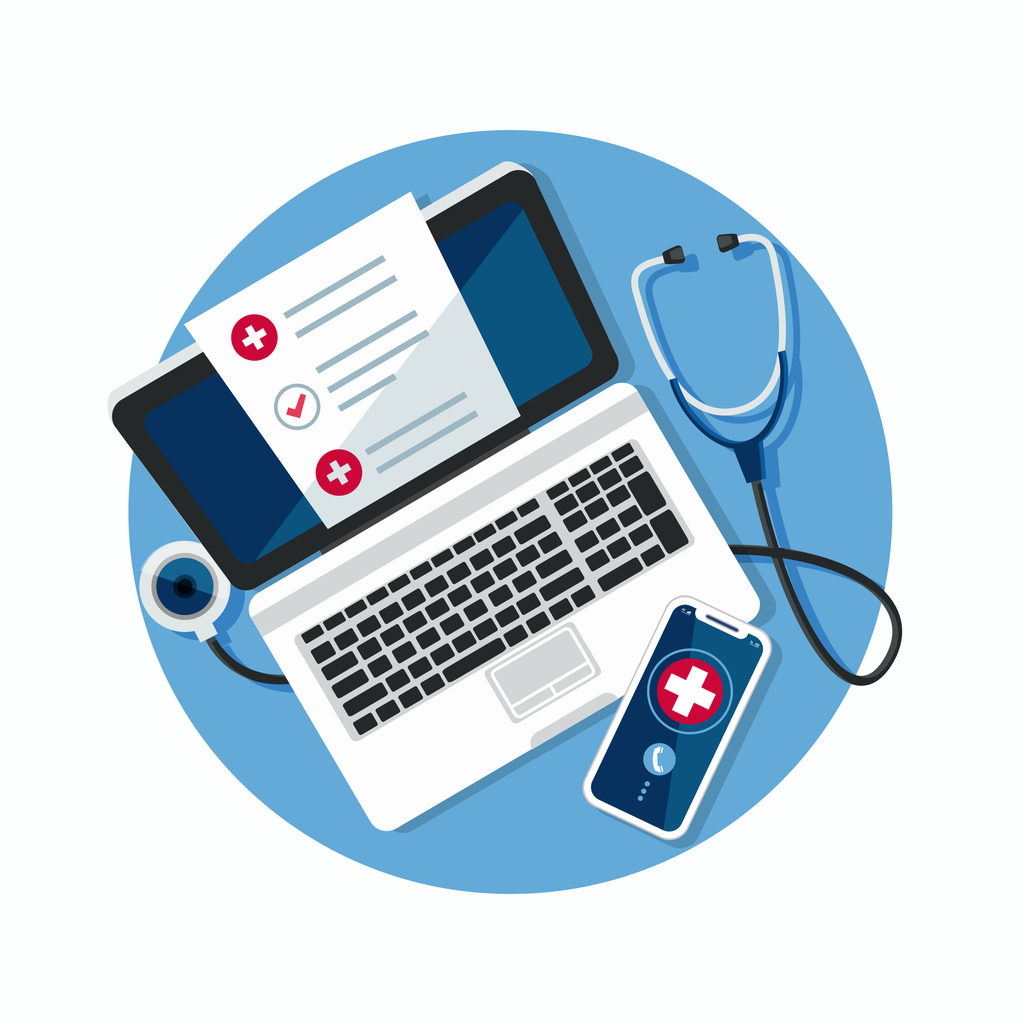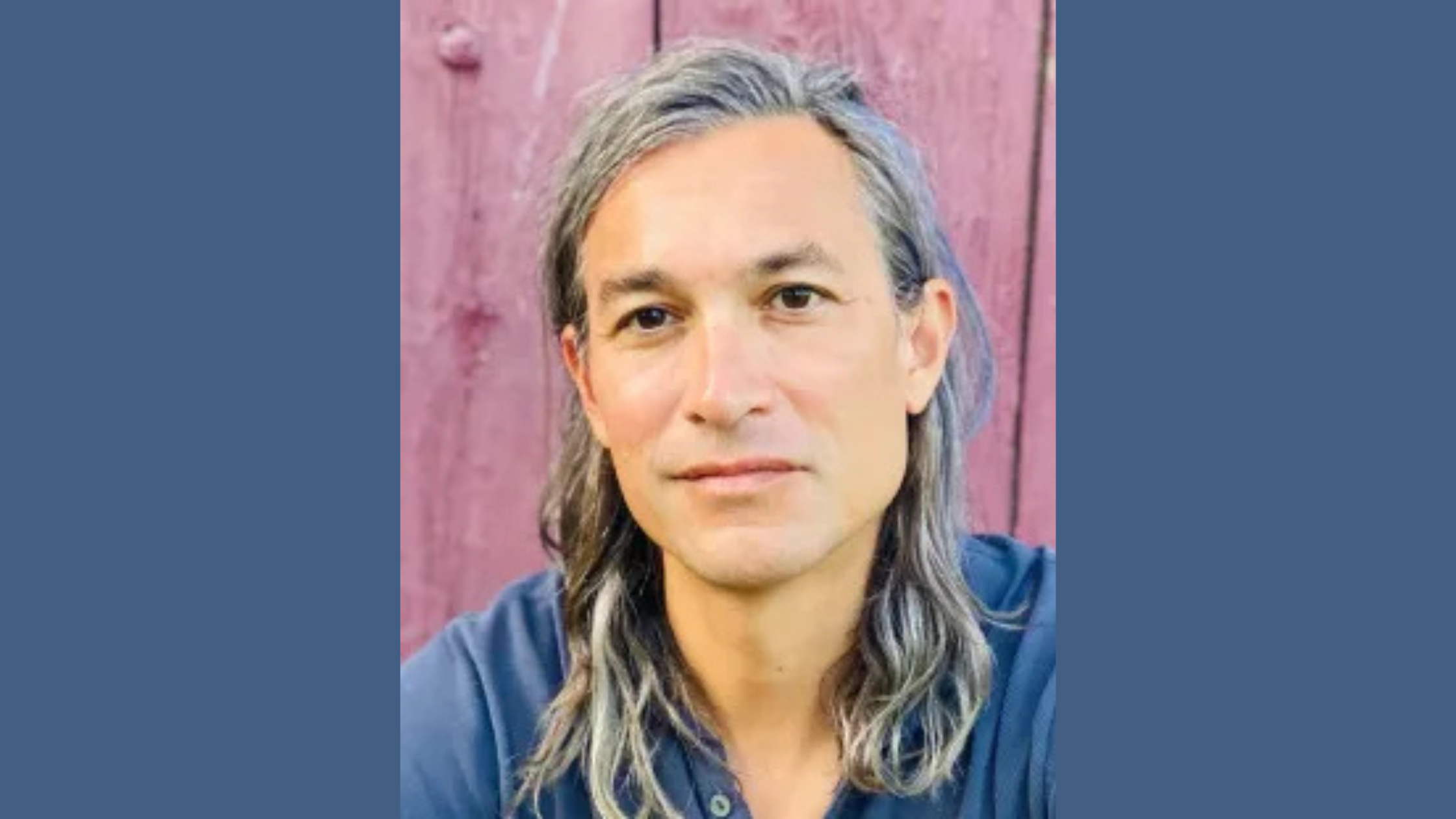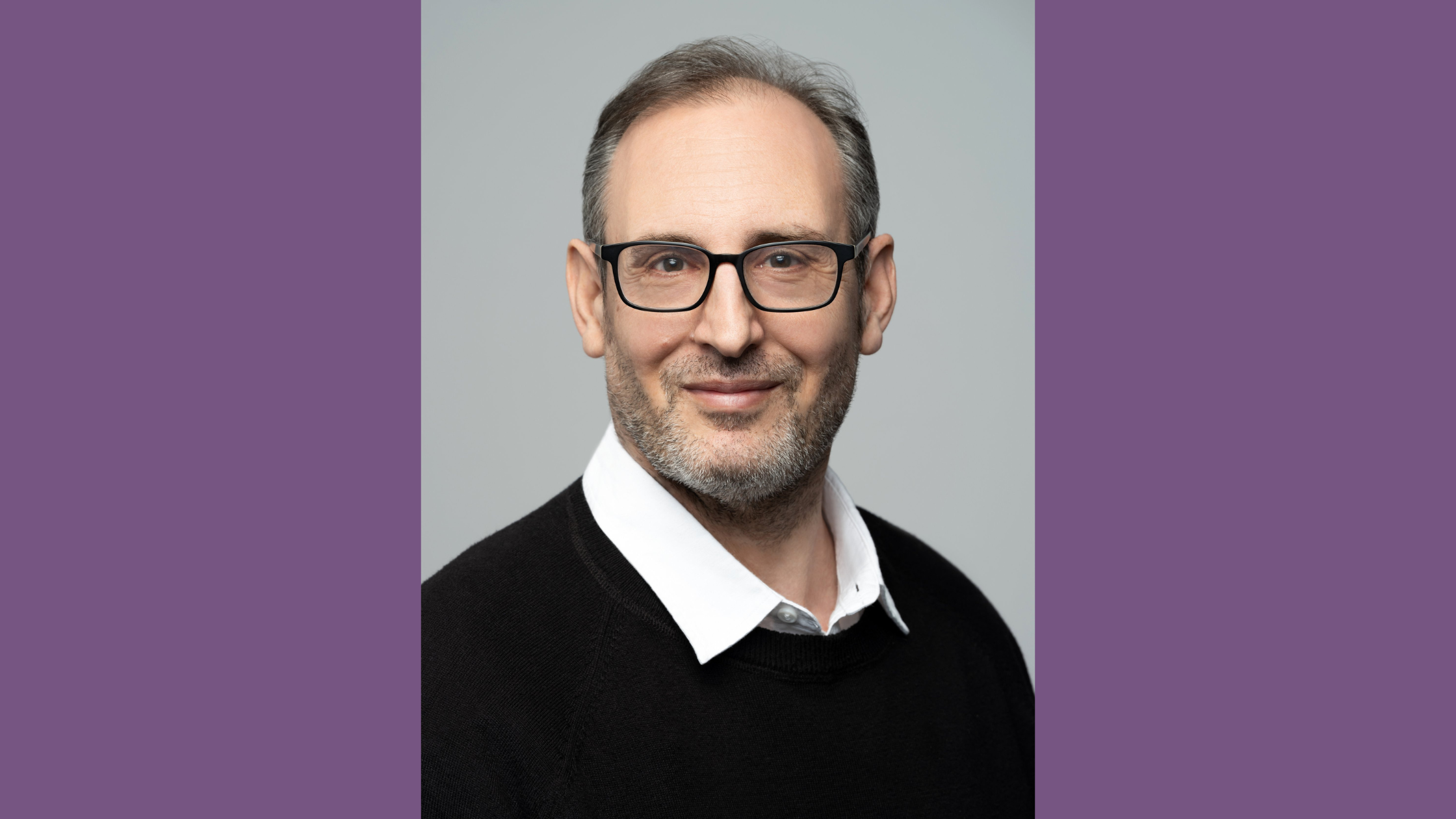Dare I Ask? Consumer Health in a Rural Library Setting

By Debbie Stanton, Library Director, Washington (Iowa) Free Public Library
An elderly woman comes to the desk and asks for books about diabetes. I politely look the subject up in our catalog and let her know the section in which she can find the many books we have on the topic. A while later, I see the same woman, walking out of the library empty-handed. As I rush over to her I’m thinking. “Where did I go wrong?”
This is the stuff of nightmares for a librarian who prides herself on strong customer service and a willingness to go above and beyond. In library school and professional development we learn about the reference interview and how to find out what a patron is looking for even if it isn’t obvious at the beginning. However, I had never felt comfortable with medical reference in the public library.
It’s one thing to ask if someone is looking for information on Abraham Lincoln for their own enjoyment or for an assignment, but wouldn’t I be prying into someone’s private life if I asked for more details about the reasons they’re seeking medical information? The answer, as I discovered after attending the Medical Library Association’s Health and Wellness @ the Library course, is a resounding “NO.”
Just as we need more information to guide someone to the book on Lincoln that will meet their needs, so we need to ask some respectful direct questions to guide our patrons to medical information that will meet their needs. Can this be uncomfortable at first? Yes. Is this entirely necessary? Absolutely.
The National Network of Libraries of Medicine (NNLM) has some excellent guidelines on the challenges of medical reference and best practices for navigating this specialized reference interview.
Of special interest to rural librarians is the need for privacy when discussing these subjects. In a small library this can be difficult, and often the best place to have the discussion is in the stacks near the subject area they’ve asked about. Summon your inner old-school librarian and speak as quietly as possible. If the person is hard of hearing, perhaps you can use an enclosed office or meeting room to ask questions.
Another challenge in a rural setting is learning not to make assumptions about a patron’s medical “reading level.” You might be surprised by the patron’s level of familiarity with specialized medical terminology and health information. Maybe the young boy’s mother already knows more about her child’s diagnosis than you expect, and is ready for more advanced materials. Maybe the local professor was blindsided by his recent diagnosis and needs to play student and start with lesson one.
I caught the woman before she left the library and asked if she was able to find what she was looking for. She wasn’t. I asked what information on diabetes she was looking for, knowing that we have many books on the subject. “I need to know what to cook, since I need to be careful now,” she replied. Then the lightbulb went off: our diabetes cookbooks are in with our regular cookbooks, not in the section I had sent her to! I flew up the stairs to our cookbook section, coming back downstairs with a stack of six books in my hands. Her face lit up, and I brought her to a table where she could sit down and look at what we had.
She left with three books on cooking for diabetes, and I left with an important lesson – don’t be afraid to ask!




